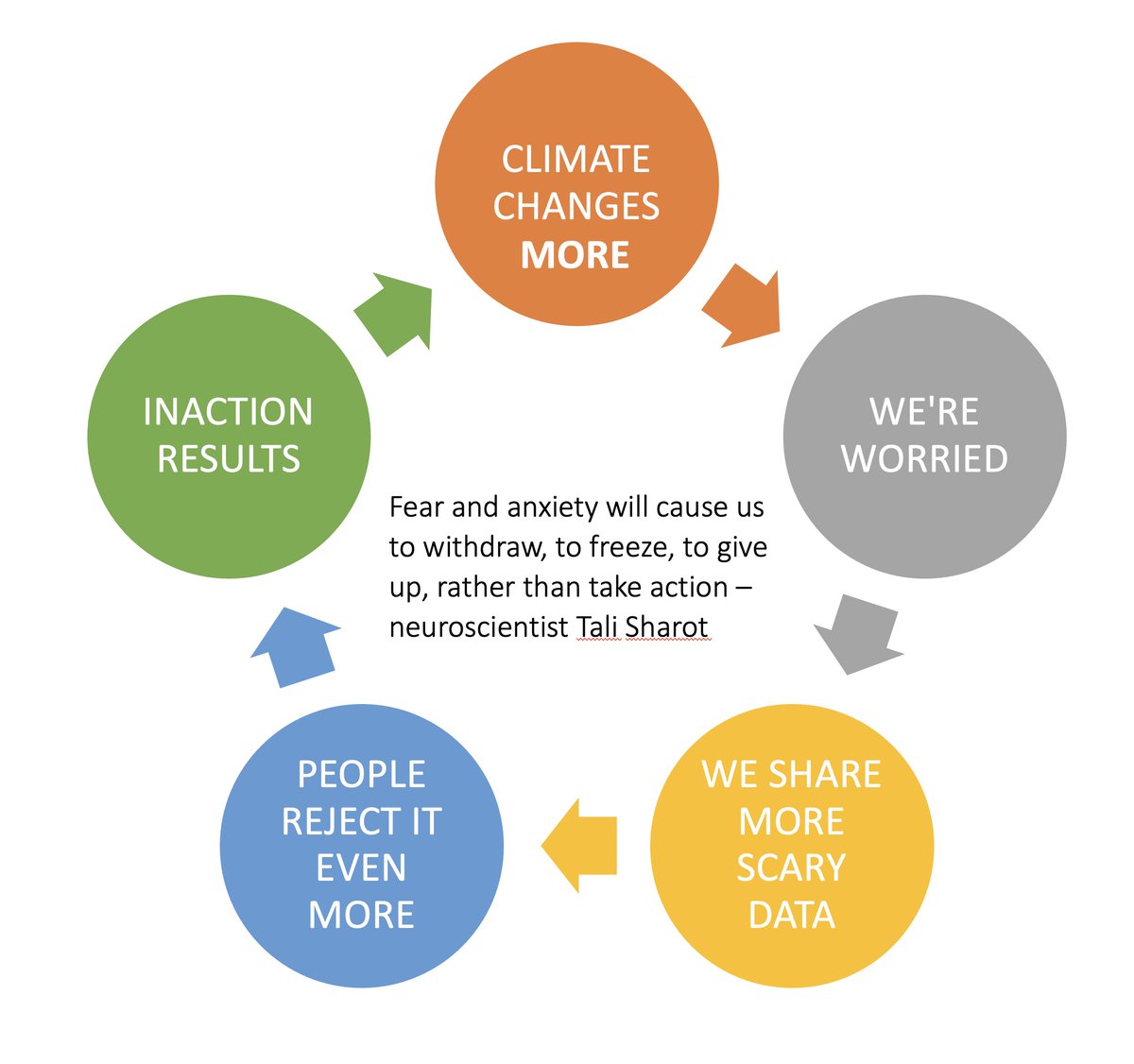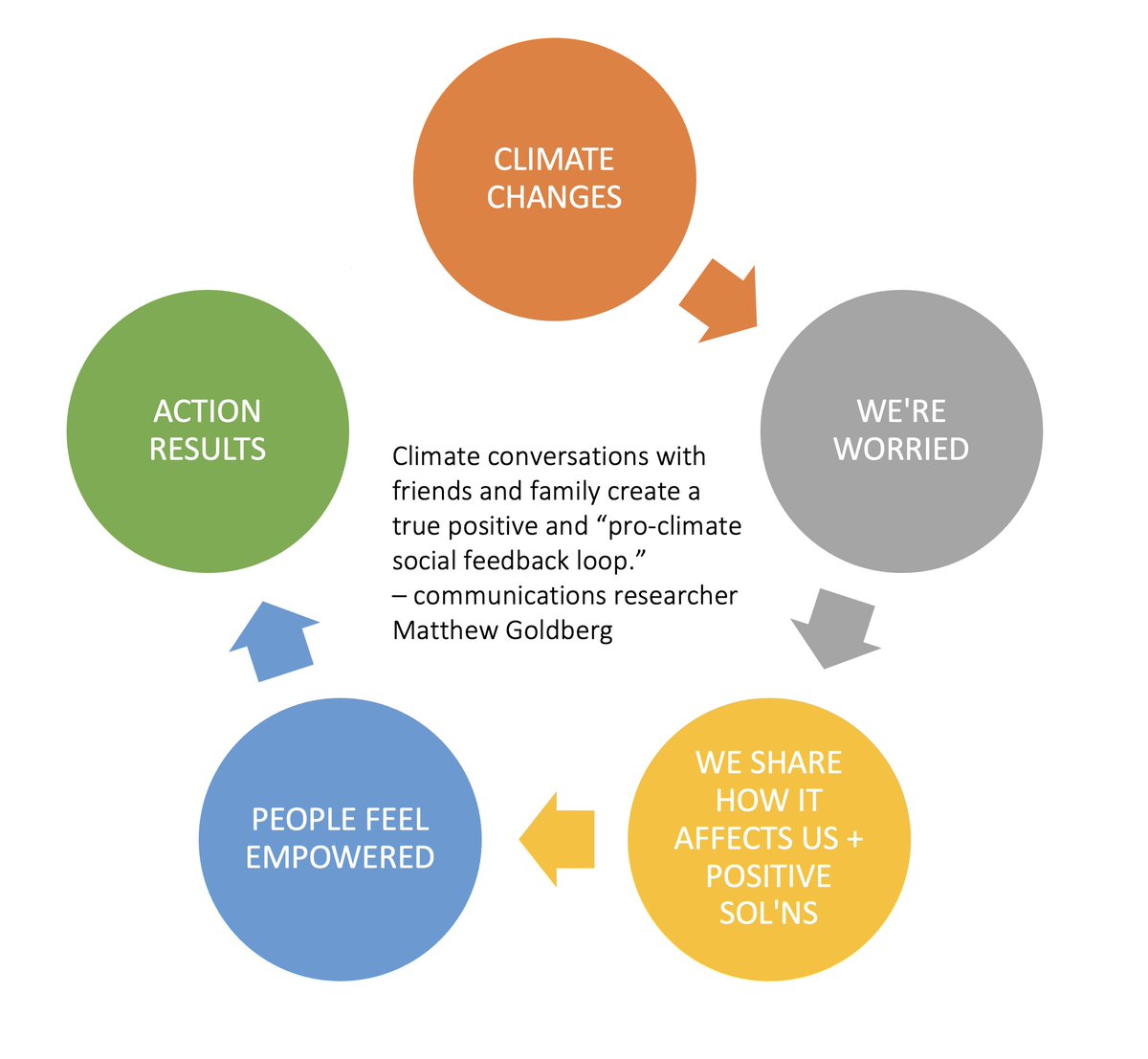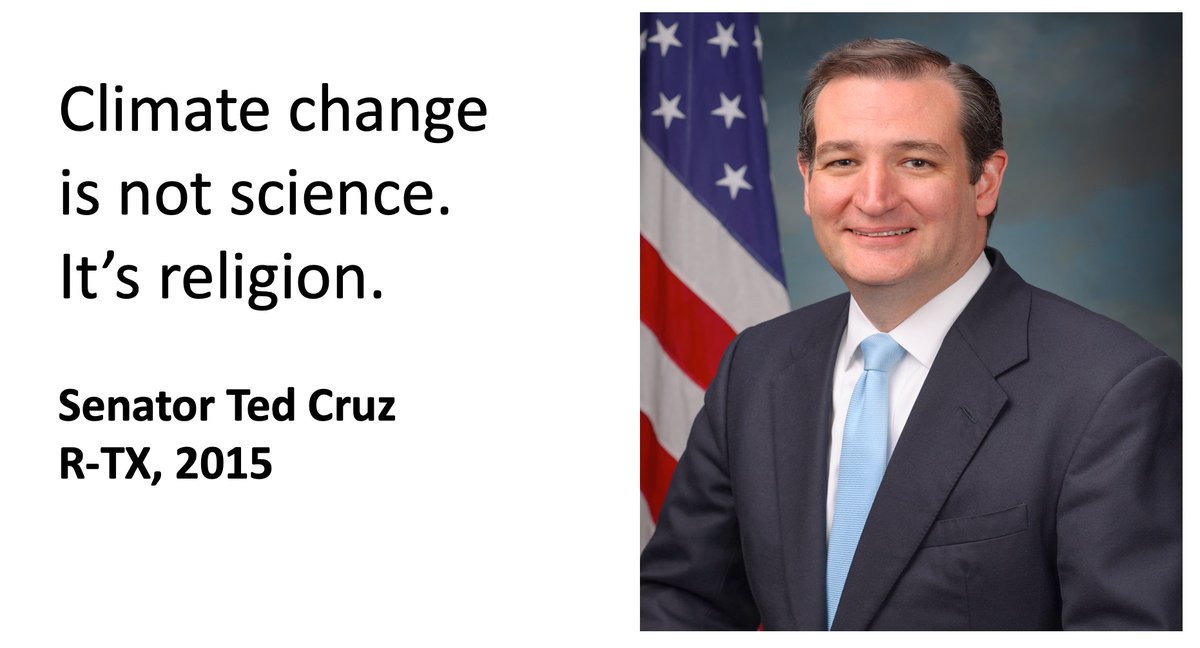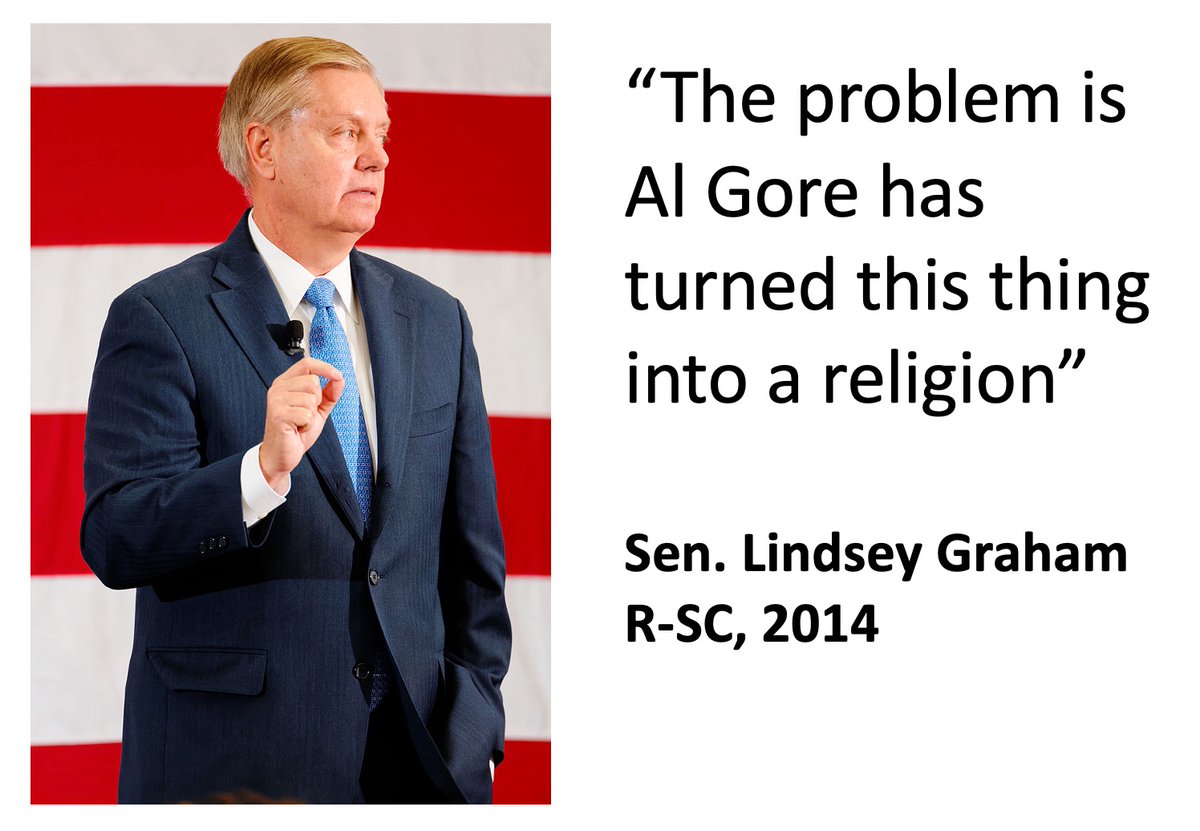
Mrs. Eunice Newton Foote (1819-1888) was a women's rights advocate & pioneering scientist. In 2020, @EarthSci_Info + @Roland_Jackson reanalyzed the data from her groundbreaking 1856 study to show you could estimate a climate sensitivity of 2-3C from it! royalsocietypublishing.org/doi/10.1098/rs…
Climate sensitivity is the equilibrium change in global mean temperature resulting from a doubling of CO2 relative to pre-industrial levels. It's usually represented as a probability distribution with a mean value around 2.4-4.7. Here is a recent review: agupubs.onlinelibrary.wiley.com/doi/pdfdirect/…
Why don't we know the value for sure? Because we've never seen this much carbon going into the atmosphere this fast with these precise initial conditions. We are conducting a truly unprecedented experiment with our planet. iopscience.iop.org/article/10.108…
But Eunice Foote's values - given the fact that they were obtained from pumping gas into glass tubes in her home laboratory in 1855 - are right in that ballpark and, as such, truly amazing.
Her paper was read by Joseph Henry, first Secretary of the Smithsonian, at the annual @aaas meeting in 1856. Why didn't she read it herself? We don't know; women were allowed to, and she did read her very next paper at AAAS the following year. static1.squarespace.com/static/5a26141…
Some fun Eunice trivia: her maiden name is no accident; she is indeed a distant cousin of Sir Isaac Newton. And the Foote family has also produced modern-day scientists @footesea and @howarth_cornell. In 2020 @jswatz
wrote this wonderful obituary for her: nytimes.com/2020/04/21/obi…
wrote this wonderful obituary for her: nytimes.com/2020/04/21/obi…
And last but not least, @allwecansave, the inspirational collection of essays + poems by women in climate, kicks off with Eunice's story. If you don't have your copy yet - or are looking for good Christmas presents - I recommend it HIGHLY. allwecansave.earth
As @howarth_cornell said, "Eunice Foote was a remarkable person. Imagine what she might've accomplished if she lived in a time that could recognize & support great women?" But sadly, sexism in science is still real. From former @nsf director @DrRitaColwell simonandschuster.com/books/A-Lab-of…
• • •
Missing some Tweet in this thread? You can try to
force a refresh










